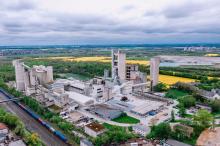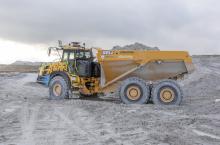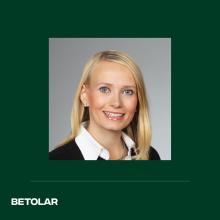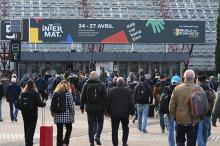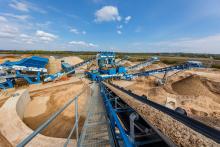
The project was previously supposed to be realised at the Heidelberg Materials site in Hanover, Germany. Now that clinker production will end there in the second half of 2024, another location had to be found.
The LEILAC-2 project aims to demonstrate a scalable solution for the efficient capture of unavoidable carbon dioxide emissions released during cement and lime production. The project's objective is to demonstrate a retrofittable module that can efficiently capture up to 100,000 tons of unavoidable carbon dioxide emissions per year. The module is designed to be integrated and operated in an operational cement plant with minimal downtime.
Construction of Leilac-2 at Ennigerloh based on the existing engineered design is targeted to begin promptly following the conclusion of the permitting process.

The successful relocation of the Leilac-2 project to Ennigerloh will demonstrate the robust and transferrable nature of the Leilac technology and its ability to be quickly deployed at other operational cement plants. Ultimately, Leilac’s technology is designed to be delivered through a blueprint model, for construction by local companies, using local resources.
Leilac CEO Daniel Rennie said: “The Leilac technology represents a scalable and economical solution to address the carbon dioxide emissions that are produced unavoidably by the cement and lime industries, and the rapid demonstration of such solutions is essential to achieving our industrial decarbonisation goals.
“The swift and successful selection of Ennigerloh as the new Leilac-2 host plant is the result of the proactive, positive, and committed approach by Heidelberg Materials, the European Commission, and our partners, and the dedication of an exceptional collective project team.
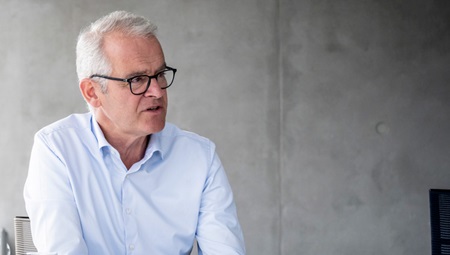
“We look forward to continuing to work with all our partners to rapidly deploy efficient decarbonisation solutions at Ennigerloh and cement and lime plants around the world.”
Heidelberg Materials General Manager Germany, Christian Knell said: “Heidelberg Materials has again demonstrated its commitment to develop the Leilac technology and is pleased to host the Leilac-2 project at the Ennigerloh cement plant. Leilac continues to be an important technology solution for our industry-leading efforts to meet societies’ net-zero commitments.”
The LEILAC consortium is led by the LEILAC Group (technology provider Calix) and comprises Heidelberg Materials, CEMEX, Cimpor, IKN, Lhoist, Port of Rotterdam, BGR, RBINS-GSB, CERTH, POLIMI, LEAP, and Engie. It is supported by GCCA, GCCSI, CEMBUREAU, ECRA, University of Clausthal and EuLA. The project is funded with €16 million from the EU research and innovation funding program Horizon 2020.

